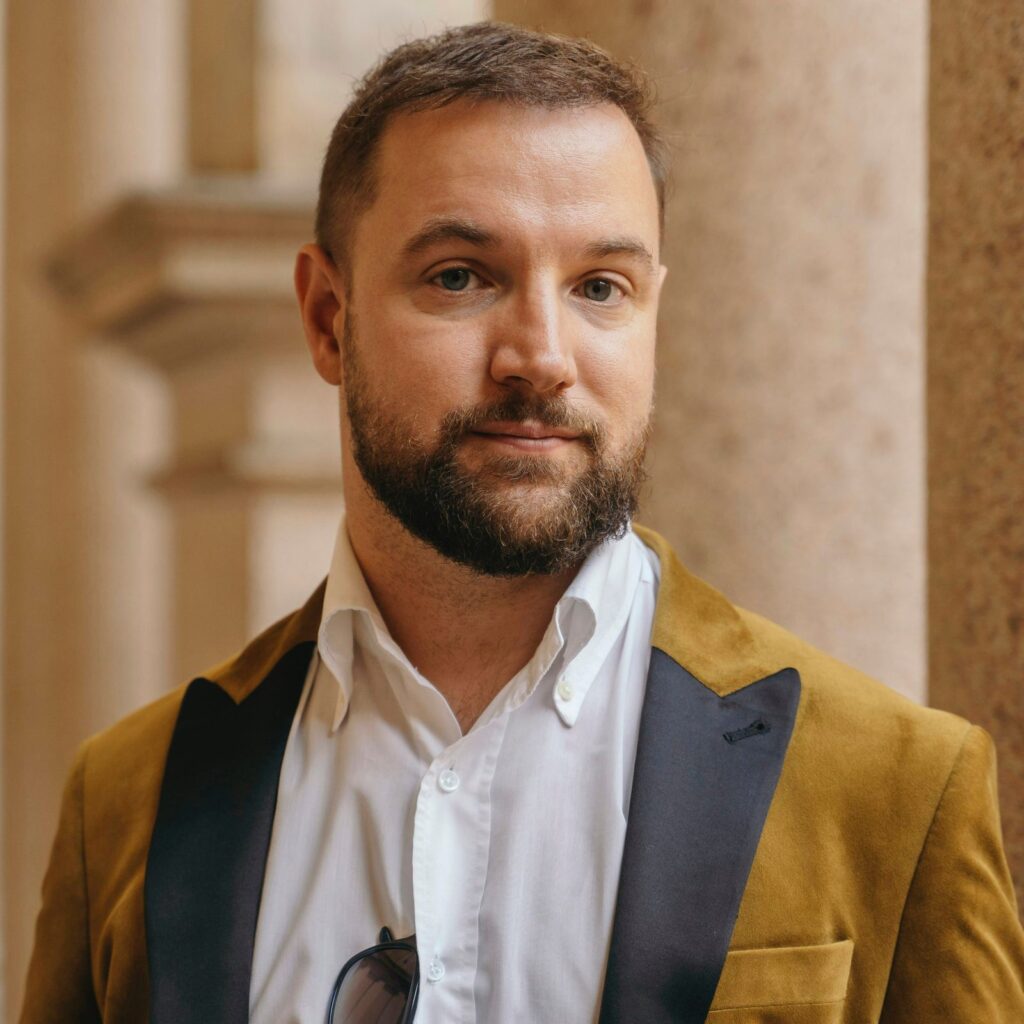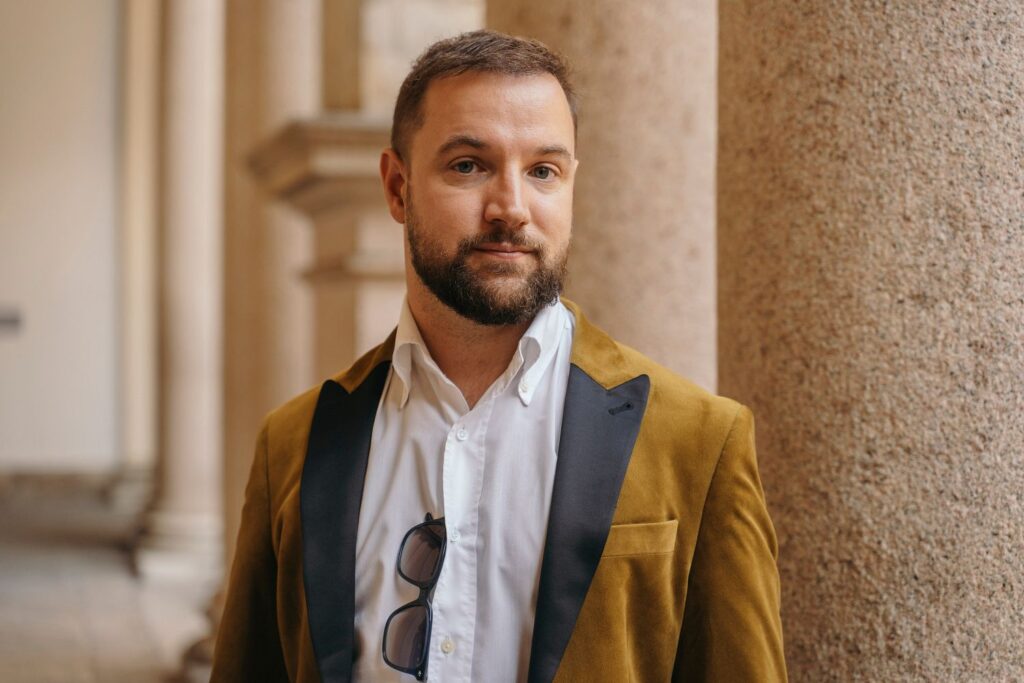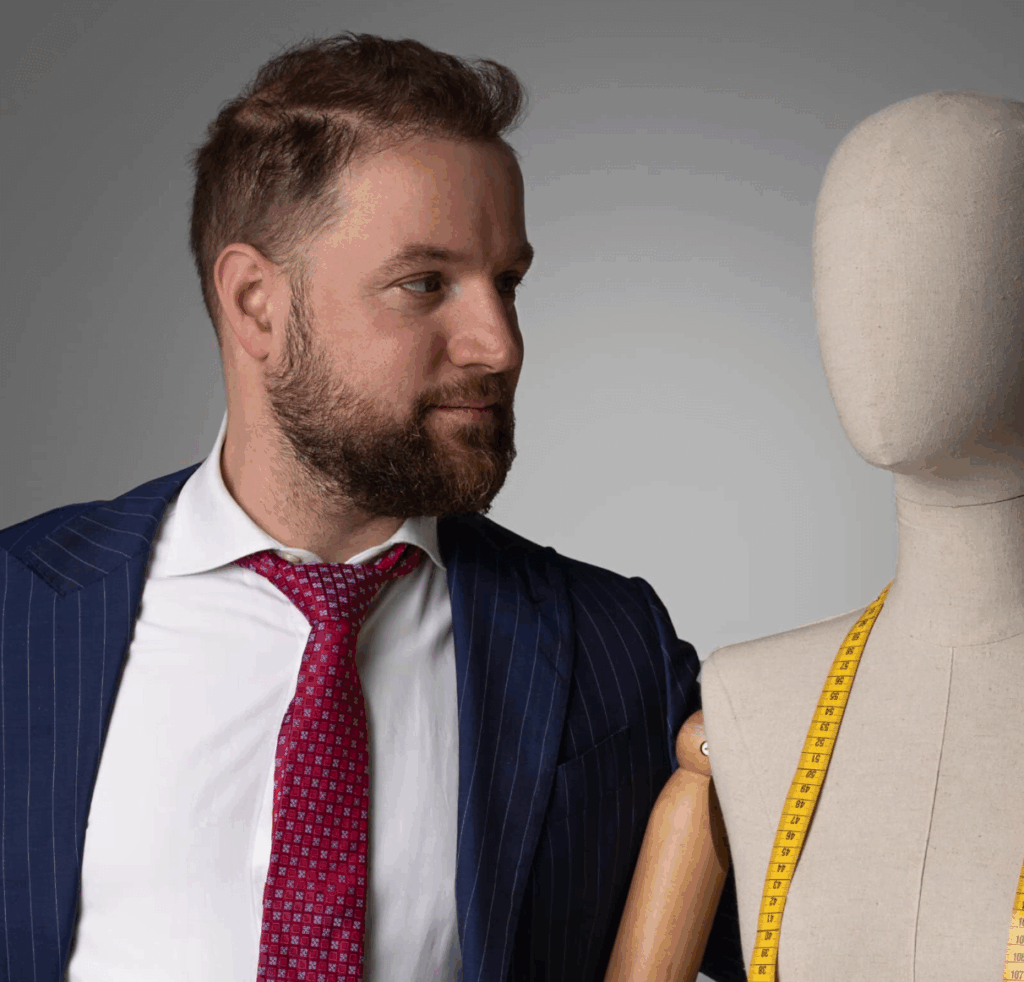Over 70 percent of luxury consumers now discover and research brands on social media, reshaping how exclusivity is expressed online. High-end labels are no longer confined to glossy magazines or VIP events. Social media platforms offer a direct line to discerning audiences who crave more than just products. The way luxury brands tell their stories and build emotional connections in the digital world can be the key to standing out in a crowded market.
Table of Contents
- Defining Social Media’s Role In Luxury
- Key Luxury Social Media Platforms And Trends
- Brand Storytelling And Emotional Engagement
- Influencer Marketing And Consumer Perceptions
- Risks, Challenges, And Strategic Mistakes
Key Takeaways
| Point | Details |
|---|---|
| Social Media’s Importance | Luxury brands must leverage social media for immersive storytelling and emotional engagement to connect with high-net-worth consumers. |
| Platform Specificity | Different social platforms serve distinct purposes; brands should tailor content strategies to each platform’s strengths. |
| Influencer Marketing Strategy | Collaborating with authentic influencers can enhance consumer trust and create compelling narratives around luxury products. |
| Navigating Risks | Luxury brands need to avoid traditional marketing mistakes by understanding the unique dynamics of digital engagement to maintain brand exclusivity. |
Defining Social Media’s Role in Luxury
Social media has fundamentally transformed how luxury brands communicate and engage with their sophisticated global audiences. Unlike traditional marketing channels, social platforms offer unprecedented opportunities for creating immersive, interactive brand narratives that transcend geographical boundaries and connect directly with high-net-worth consumers.
At its core, social media enables luxury brands to craft visual storytelling experiences that go beyond product promotion. These digital platforms allow brands to showcase craftsmanship, heritage, and exclusive lifestyle elements that resonate deeply with discerning clientele. Whether through behind-the-scenes glimpses of design processes, curated lifestyle imagery, or intimate brand narratives, social media provides a dynamic canvas for luxury communication.

The strategic role of social media in luxury marketing extends far beyond simple content distribution. It represents a sophisticated engagement ecosystem where brands can:
- Build emotional connections through curated visual storytelling
- Offer personalized digital experiences tailored to individual consumer preferences
- Create exclusive digital communities around brand identity
- Provide real-time insights into brand culture and design philosophy
Understanding this nuanced digital landscape is crucial for luxury brands seeking to maintain relevance in an increasingly connected global marketplace. For deeper insights into how cultural context shapes luxury marketing strategies, explore our guide on understanding the role of culture in luxury marketing.
Key Luxury Social Media Platforms and Trends
Instagram emerges as the paramount social media platform for luxury brands, offering a visually driven ecosystem that perfectly aligns with high-end marketing strategies. According to research from Source, Instagram serves as a critical marketing tool for building brand equity, loyalty, and consumer preference in the luxury fashion industry.
Beyond Instagram, luxury brands are strategically leveraging diverse social platforms to create immersive digital experiences. Twitter has proven particularly valuable for trend forecasting, with advanced sentiment analysis techniques revealing emerging fashion narratives. Researchers have discovered that social media sentiment can effectively predict trend trajectories, especially in accessories and streetwear segments.
The most successful luxury social media strategies focus on several key principles:
- Creating exclusive digital content that reflects brand heritage
- Developing authentic storytelling that resonates with sophisticated audiences
- Utilizing high-quality visual narratives that showcase craftsmanship
- Engaging directly with high-net-worth consumer communities
- Maintaining a consistent and aspirational brand aesthetic across platforms
For luxury brands seeking to refine their digital marketing approach, understanding these platform-specific nuances is crucial.
Those looking to dive deeper into contemporary marketing strategies can explore our guide on luxury marketing trends for 2025 to stay ahead of emerging digital communication paradigms.
Here’s a comparison of the leading social media platforms for luxury brands:

| Platform | Key Strengths | Typical Uses |
|---|---|---|
| Visual storytelling High engagement |
Brand imagery Influencer partnerships |
|
| Real-time updates Trend forecasting |
Market insights Customer interaction |
|
| Broad reach Community building |
Event promotion Brand communities |
|
| TikTok | Short-form video Younger demographics |
Creative campaigns Viral challenges |
Brand Storytelling and Emotional Engagement
Social media marketing has revolutionized how luxury brands connect with audiences by creating profound emotional experiences that transcend traditional advertising. According to research, these digital platforms enhance customer relationships through increased intimacy, trust, and purchase intention, driven by key features like entertainment, customization, and meaningful engagement.
The essence of effective brand storytelling lies in crafting narratives that resonate deeply with consumers’ aspirations and values. Emotional connection becomes the cornerstone of luxury brand communication, transforming marketing from mere product promotion to a rich, immersive experience that speaks directly to individual consumer identities and lifestyle preferences.
Successful emotional engagement strategies in luxury social media marketing typically encompass:
- Creating authentic narratives that reflect brand heritage
- Developing visual content that evokes powerful emotional responses
- Personalizing interactions to make consumers feel uniquely understood
- Showcasing brand values and social responsibility
- Generating exclusive behind-the-scenes content that builds intimacy
For brands seeking to master the nuanced art of emotional storytelling, understanding the psychological underpinnings of consumer connection is paramount. Those interested in diving deeper into these sophisticated communication techniques can explore our guide to understanding luxury brand storytelling, which offers comprehensive insights into creating meaningful digital narratives that truly resonate with discerning audiences.
Influencer Marketing and Consumer Perceptions
Instagram has emerged as a pivotal platform for luxury brands to strategically leverage influencer marketing, fundamentally transforming consumer perception and engagement. Research demonstrates that collaborations with fashionistas can powerfully reinforce brand management, creating nuanced narratives that resonate with sophisticated audiences.
The dynamic between luxury brands and influencers extends far beyond traditional advertising, creating a complex ecosystem of trust and authenticity. Social media marketing profoundly impacts consumer relationships by generating increased intimacy, enhancing trust, and directly influencing purchase intentions through carefully curated digital interactions.
Key strategies for effective influencer marketing in luxury contexts include:
- Selecting influencers who authentically embody brand values
- Creating narrative-driven content that tells a compelling story
- Maintaining strict alignment with brand aesthetic and positioning
- Developing long-term partnerships rather than transactional collaborations
- Prioritizing quality and depth of engagement over follower count
For luxury brands navigating the intricate world of influencer marketing, understanding the subtle psychological dynamics of consumer perception is crucial. Those seeking deeper insights into crafting sophisticated influencer strategies can explore our guide on why use influencer marketing in luxury, which offers comprehensive perspectives on building meaningful digital relationships.
Risks, Challenges, and Strategic Mistakes
Digital transformation in luxury marketing presents a complex landscape of potential pitfalls and strategic challenges. Research indicates that luxury sectors have historically approached social media and digital technologies with considerable caution, revealing a measured and often slow adaptation to emerging digital platforms.
The most critical strategic mistakes emerge from fundamental misunderstandings about digital engagement. Many luxury brands erroneously attempt to replicate traditional marketing approaches in digital spaces, failing to recognize the unique dynamics of social media communication. This disconnect can lead to significant brand perception risks, potentially undermining the carefully constructed exclusivity and sophistication that define luxury market positioning.
Key risks and challenges in luxury social media strategy include:
- Diluting brand exclusivity through over-exposure
- Inconsistent messaging across digital platforms
- Failing to maintain premium brand aesthetic in digital content
- Inappropriate influencer partnerships that misalign with brand values
- Lack of understanding of platform-specific communication nuances
- Overlooking data privacy and consumer trust considerations
- Reactive instead of proactive digital engagement strategies
For luxury brands seeking to navigate these complex digital terrains, understanding the nuanced approach to social media is paramount. Those looking to develop more sophisticated digital strategies can explore our guide to understanding data-driven luxury marketing, which offers comprehensive insights into mitigating risks and maximizing digital potential.
Elevate Your Luxury Brand’s Social Media Strategy Today
Navigating the evolving role of social media in luxury marketing demands more than just posting content. As highlighted in the “Role of Social Media in Luxury: Complete Guide,” luxury brands face crucial challenges such as maintaining exclusivity, crafting emotional connections, and leveraging influencer authenticity to engage discerning consumers. The key to overcoming these obstacles lies in combining psychological insights with meticulous digital strategy tailored for high-end brand identities.

Are you ready to transform your luxury brand’s social media presence with precision and emotional impact? Explore expert solutions in Marketing Fashion – Corrado Manenti to learn how psychology-driven strategies and detail-oriented consulting can create powerful digital narratives. Discover the latest innovations and ensure your brand stays relevant by visiting Corrado Manenti. Take the next step now to build authentic connections that resonate with luxury consumers and elevate your brand above the digital noise.
Frequently Asked Questions
How has social media changed luxury brand communication?
Social media has transformed luxury brand communication by allowing brands to engage with sophisticated global audiences through immersive and interactive narratives, enhancing emotional connections and brand storytelling.
What are the key social media platforms for luxury marketing?
The key platforms include Instagram for visual storytelling, Twitter for trend forecasting, Facebook for community building, and TikTok for creative short-form content catering to younger demographics.
How can luxury brands effectively utilize influencer marketing?
Luxury brands can effectively use influencer marketing by selecting influencers who embody brand values, creating narrative-driven content, and focusing on long-term partnerships rather than short, transactional relationships.
What are the main risks associated with social media marketing for luxury brands?
Main risks include diluting brand exclusivity through over-exposure, inconsistent messaging across platforms, and inappropriate influencer partnerships that may misalign with brand values.
Recommended
- 7 Insights into Luxury Consumer Behavior Lists – Corrado Manenti
- Understanding the Role of Culture in Luxury Marketing – Corrado Manenti
- 8 Powerful Luxury Sector Marketing Examples for Success – Corrado Manenti
- 7 Insights into Luxury Consumer Behavior Lists – Corrado Manenti
- Understanding the Role of Social Media in SEO



